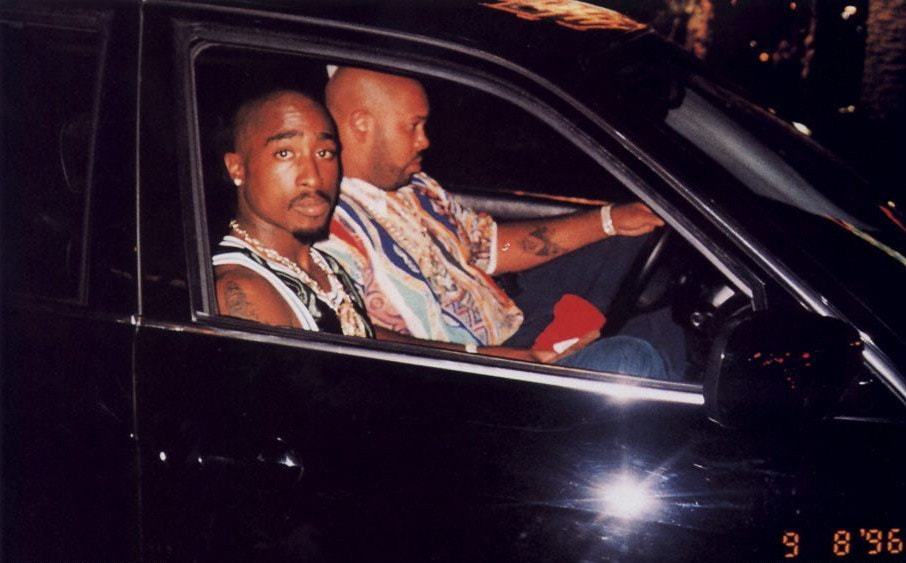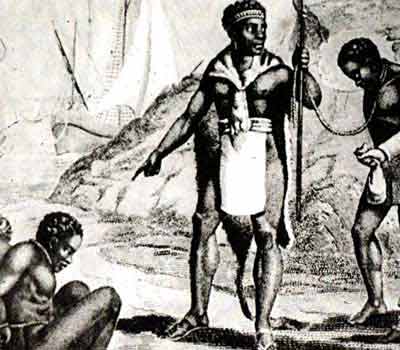From a musical/artistic perspective, Tupac Amaru Shakur was one of the great talents of the 20th century. Blessed with a foundational social consciousness, a quick wit, and a drive not matched by many, Tupac was known as a prolific writer and a dynamic performer.
0 Comments
On an organized and disorganized basis, I’ve played basketball since I was about 10 years old. As I got older, I made the personal decision to avoid drinking, getting high, etc., but everyone needs something in their lives to release pressure, anxiety, and depression. Especially in this backward society where people are commodities who hold as much value as material possessions. So, for me, sports most often filled that requirement. I played organized and disorganized sports, primarily basketball, well into my 40s. I watch professional basketball, not as much as I would like to, but a lot over the last several decades. Consequently, since he came into the National Basketball Association (NBA) in 1996/97, I was aware of Kobe. I wasn’t a fan. I live in Sacramento and despite their ineptitude, I’ve been a fan of the Sacramento Kings basketball team since the 80s. As a result, I watched Kobe dismantle my Kings multiple times, on television, and often in person. From a basketball standpoint, no one who watched Kobe play could not be impressed with his skills, commitment and presence on the basketball court. That was especially true for me during the 2002 season when Kobe, Shaq, and the Lakers ripped the chance for the championship from the Chris Webber led Kings.
Within bourgeoisie information circulation, white supremacy, capitalism, and American identity are defined all types of different ways that are drastically different than the clear scientific meaning for each. By bourgeoisie we mean the people and institutions that dominate world political, economic, and social activities. The bourgeoisie have an obvious vested interest in using every mechanism in this society to maintain their interests and they recognize that the only way they can effectively accomplish this is by keeping the masses of people confused about these concepts we are talking about because this confusion prevents the bourgeoisie from being exposed for the corruption they practice 24/7/365 against humanity. So, the bourgeoisie organize themselves to ensure they are placed in decision making positions on Ivy League curriculum bodies because they know that those bodies influence education all the way down to kindergarten levels. The bourgeoisie place much emphasis on making sure they hold dominant elected positions to ensure policies are in place to uphold their visions. And, they maintain control over the institutions that enforce their policies and visions.
If you are not African (Black) and/or you don’t participate in and pay close attention to issues within the African liberation movement, you probably won’t have much framework for what I’m talking about here. Within African community dialogues within the U.S. there is a contentious discussion about the true origins and connections of Africans within the U.S. today with the transatlantic slave trade. These discussions are raging everywhere from African churches to petti-bourgeoisie opportunism electoral politics, to revolutionary nationalist organizing spaces. The central debate centers around how we came to the Western Hemisphere. Did the majority of us come here through the transatlantic slave trade, kidnapped from Africa? Or, did we come thousands of years before that on our own? Or, were we always here and therefore have no actual connection to Africa?
The radical Dr. King is unknown to most because much of what we understand about Dr. King’s legacy was created for us by the very same people and interests that wanted to see Dr. King destroyed when he was alive. Today, and every year around the time of the commemoration for Dr. King’s birthday (which is actually January 15th), we are overwhelmed with a constant barrage of repeated snippets of Dr. King’s 1963 “I Have a Dream” speech where he talks about “little black girls and little white girls…”
|
Archives
March 2023
Categories |









 RSS Feed
RSS Feed
